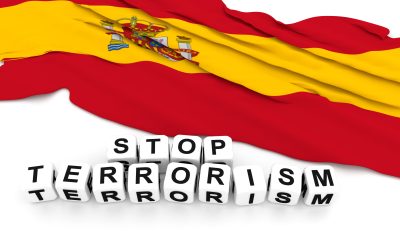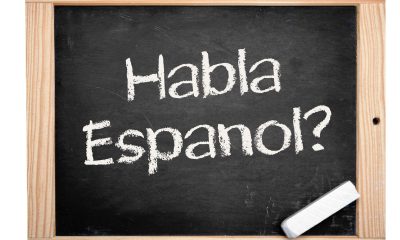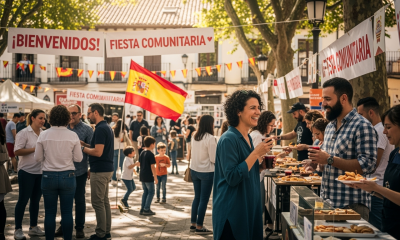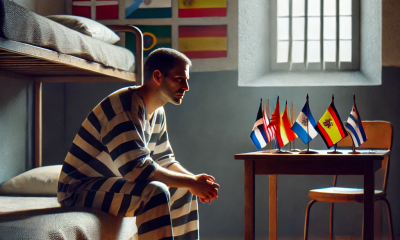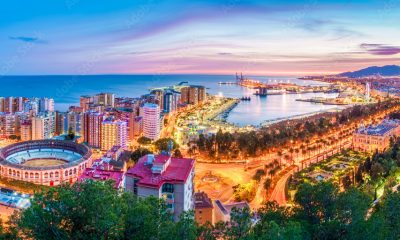Cost of Living
How Much Money Does Your Family Need to Start a New Life in Spain?
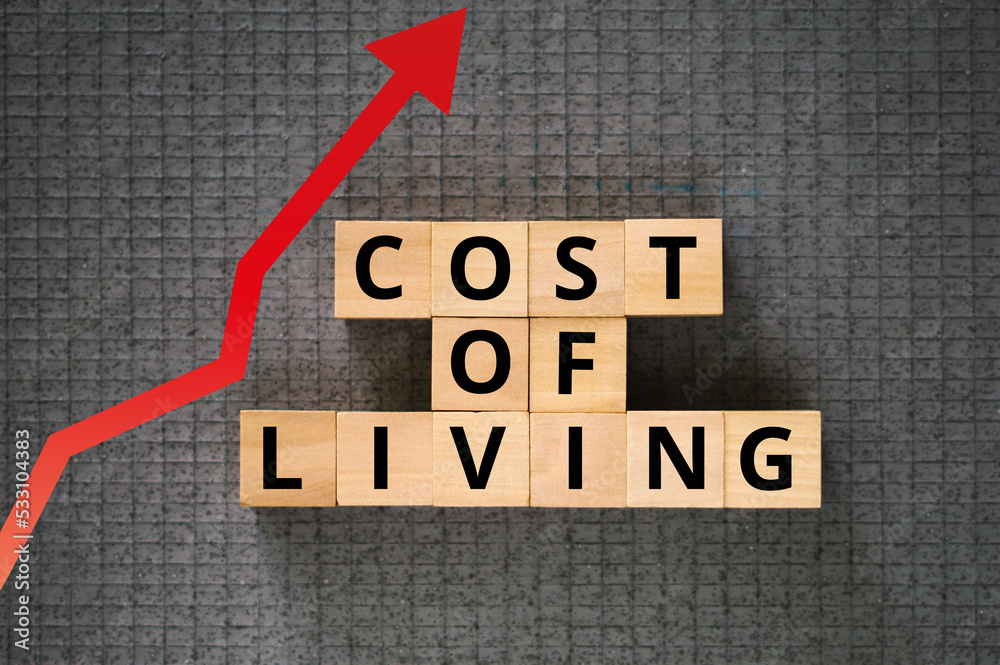
A Comprehensive Guide
Moving your family to Spain can be an exciting adventure, offering a vibrant lifestyle, rich culture, and sunny weather. However, planning your finances is crucial to ensure a smooth transition. From housing and utilities to education and healthcare, understanding the costs associated with living in Spain will help you prepare adequately. Here’s a detailed breakdown of the expenses you should consider when relocating to Spain with your family.
1. Housing Costs: Renting or Buying a Home
- Renting: Monthly rental prices vary depending on the location. In major cities like Madrid and Barcelona, expect to pay between €900–€1,800 for a 2–3 bedroom apartment. In smaller towns or rural areas, the cost can drop to €500–€1,000.
- Buying: Property prices range widely, averaging €1,500–€3,000 per square meter. Additional costs include notary fees, property taxes, and legal expenses, which can add 10–15% to the purchase price.
Tip: Many families opt for renting initially to familiarize themselves with the area before committing to buying.
2. Utilities and Internet
Monthly utility costs for a family of four typically include:
- Electricity, water, and gas: €100–€200, depending on the season and usage.
- Internet and mobile phones: High-speed internet costs around €40–€60 per month. Mobile plans with unlimited calls and data can cost €10–€30 per line.
Tip: Bundle internet and phone plans to save money and streamline bills.
3. Groceries and Dining
- Groceries: Expect to spend around €400–€600 per month on groceries for a family of four. Local markets often offer fresh produce at lower prices than supermarkets.
- Dining Out: Eating out is affordable in Spain, with a family meal at a mid-range restaurant costing €40–€70. Tapas bars and menú del día (set lunch menus) are budget-friendly options.
Tip: Embrace seasonal produce and shop at local markets for better deals.
4. Transportation
- Public Transport: In cities, monthly transport passes range from €40–€60 per person, with discounts for children.
- Owning a Car: If you need a car, consider the cost of buying or leasing, insurance (€300–€600 annually), fuel (€1.70–€2.00 per liter), and maintenance. Parking fees may also apply in urban areas.
Tip: Assess whether public transport can meet your needs before investing in a car.
5. Education
- Public Schools: Public education is free for residents, though you may need to cover costs for school supplies, uniforms, and extracurricular activities (€300–€500 annually per child).
- Private and International Schools: Tuition fees range from €4,000–€10,000 per year per child, depending on the school and grade level.
Tip: If your children don’t speak Spanish, an international school may be the best option, but it comes with a higher cost.
6. Healthcare
Spain’s public healthcare system is free for residents and offers high-quality services. However, private health insurance may be necessary for non-residents or to access additional services.
- Private Insurance: Monthly premiums range from €50–€200 per person, depending on coverage and age.
Tip: Check eligibility for public healthcare as part of your residency application process.
7. Immigration and Legal Costs
Families relocating to Spain will face several initial costs:
- Residency Permits: Processing fees range from €15–€80 per person, depending on the type of visa or residency.
- Translation and Notary Fees: Budget €200–€500 for translating official documents and notarization.
Tip: Hiring an immigration lawyer or gestor can help navigate the process smoothly, though their services will add €500–€1,000 to your budget.
8. Miscellaneous Expenses
- Childcare: Nursery fees range from €300–€600 per month for private daycare. Public daycare is often more affordable but may have limited availability.
- Entertainment: Budget €100–€300 per month for family outings, sports, or cultural activities.
- Home Furnishings: If renting unfurnished, you may need €1,000–€3,000 to furnish a home.
Initial Savings to Bring
To comfortably settle in Spain, a family of four should aim to bring:
- Initial Costs (First 3 Months): €10,000–€15,000 for rent, deposits, visas, and setup costs.
- Monthly Expenses: €2,500–€4,000, depending on lifestyle and location.
Tip: Keep an emergency fund equivalent to 3–6 months of living expenses to handle unexpected costs.
What to Be Aware Of
- Language Barrier: Learning basic Spanish can ease integration and save costs, especially when dealing with government offices or local businesses.
- Residency Requirements: Non-EU families may need to show proof of income or savings to obtain residency permits.
- Cultural Differences: Spanish lifestyles, including siestas and late dining hours, may require adjustments.
- Hidden Costs: Be aware of local taxes, bank fees, and annual costs like property taxes or vehicle inspections.
Final Thoughts
Moving to Spain as a family can be an enriching experience, but proper financial planning is essential. By understanding and preparing for the costs involved, you’ll set the foundation for a successful and enjoyable life in this beautiful country. With careful budgeting and a willingness to adapt, your family can thrive and make the most of Spain’s vibrant culture and lifestyle.
Banking & Finances
How to handle Spanish tax audits and inspections as a foreigner

Published: August 2025
Navigating the Spanish tax system can be challenging for expats, especially when facing a tax audit or inspection. Understanding your rights, obligations, and the process is key to avoiding stress and costly mistakes. Here’s a practical guide for foreigners in Spain on how to handle tax audits and what to expect if the Spanish tax authorities (Agencia Tributaria) come knocking.
Why you might be audited in Spain
Spanish tax authorities select cases for audit based on random checks, discrepancies in your tax return, high-value transactions, or information from other countries. Common triggers include unreported income, sudden changes in declared assets, or inconsistencies with bank data.
The audit process explained
- Notification: You’ll receive an official letter (“requerimiento”) by post or via your digital mailbox (Agencia Tributaria).
- Document request: You must provide supporting documents (bank statements, contracts, invoices, proof of residence, etc.) within the deadline stated.
- Meeting or inspection: Sometimes you’ll be invited for an interview or an inspector may visit your home or business.
- Resolution: The authorities will issue a decision—either closing the case or making an adjustment (which may include fines or back taxes).
- Appeal: You have the right to appeal decisions through administrative or legal channels.
Key tips for expats facing a tax audit
- Keep all tax-related documents for at least 4-5 years.
- Respond promptly and politely to any official requests.
- Use a registered tax advisor if you’re unsure—many specialize in expat cases.
- Don’t ignore letters from Agencia Tributaria, even if you’re abroad.
- Be honest—deliberate fraud is punished severely in Spain.
Common documents you might need
- Bank statements and account summaries (Spanish and foreign)
- Employment contracts or freelance invoices
- Proof of residency (empadronamiento, rental contracts, utility bills)
- Declarations of overseas assets (Modelo 720)
- Receipts for deductible expens
FAQ: Spanish tax audits and inspections
How will I know if I’m being audited? You’ll receive an official notification by post or digitally from Agencia Tributaria. Do I need to speak Spanish to handle an audit? It helps, but you can use a certified advisor or translator if needed. How long does a tax audit take? Most audits are resolved within a few months, but complex cases can take longer. What happens if I ignore the audit? Ignoring official requests can lead to fines, asset freezes, or legal action. Can I appeal a tax decision? Yes, you have the right to appeal administratively or through the courts. Are foreigners targeted more than locals? Not specifically, but expats with foreign income or assets may get extra scrutiny. What is Modelo 720? It’s a declaration of overseas assets, required for residents with more than €50,000 abroad. Do I need a lawyer for a tax audit? Not always, but complex cases or appeals benefit from professional help. What documents should I keep? All tax returns, bank statements, contracts, and proof of residency for at least 4-5 years. Can I get help in English? Many tax advisors in Spain speak English and are experienced with expat cases.
Disclaimer: This article is for informational purposes only. Always consult a professional for specific tax advice.
Cost of Living
The Housing Market in Spain: A Guide for New Residents and Investors
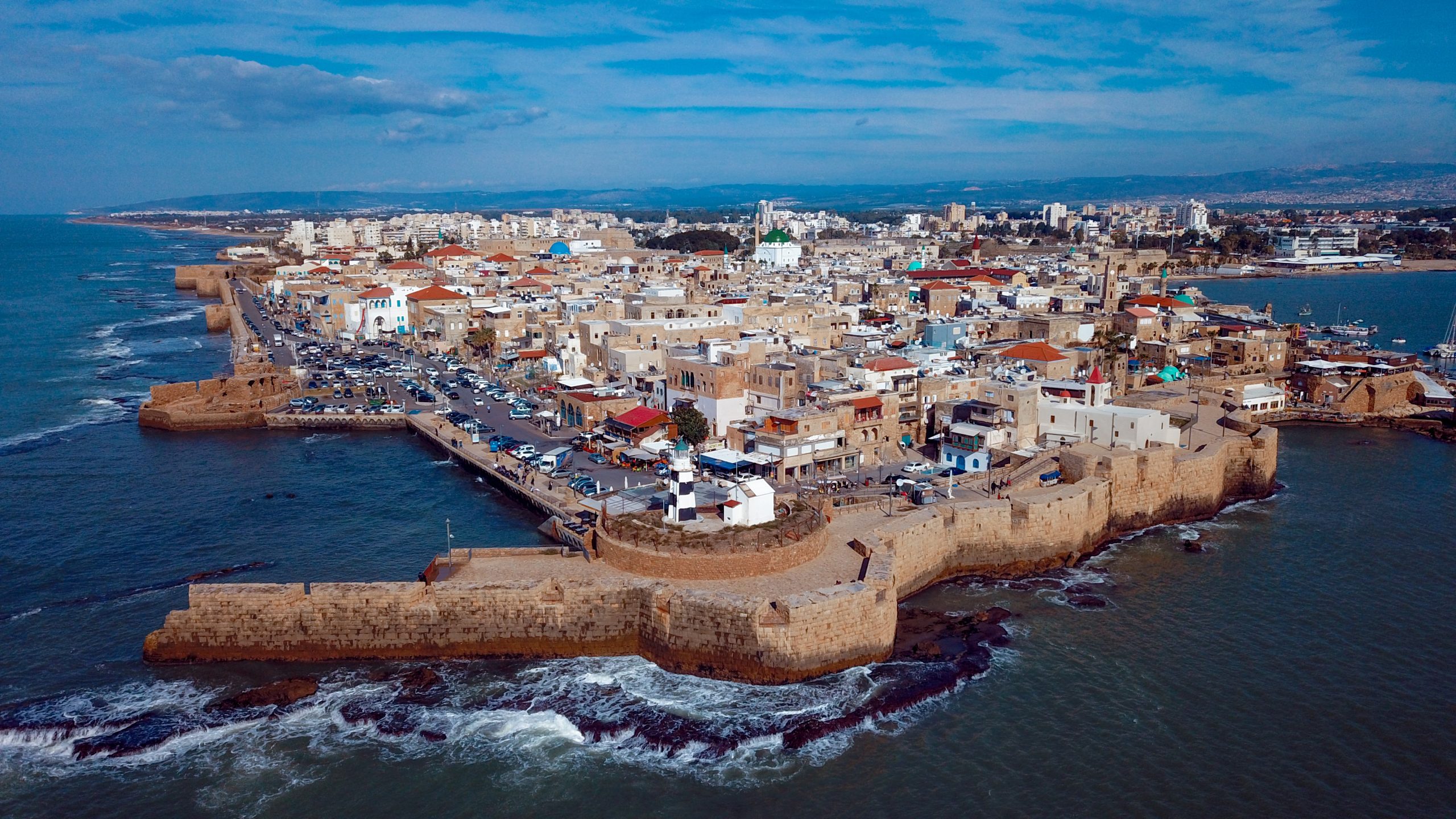
The Housing Market in Spain: A Guide for New Residents and Investors
Housing in Spain attracts a diverse range of residents, from expats seeking a Mediterranean lifestyle to investors eyeing prime real estate opportunities.
The Spanish housing market has its own unique characteristics, shaped by factors like regional differences, rental market trends, home-buying requirements, and evolving government policies.
Here, we’ll dive into an overview of housing in Spain to help both residents and investors make informed choices.
1. Types of Housing in Spain
Spain offers a variety of housing types to suit different lifestyles and budgets. Here are the most common options:
- Apartments (Pisos)
The most common type of urban housing, especially in cities like Madrid, Barcelona, and Valencia.
These range from compact studios to spacious penthouses and are available for rent or purchase. - Townhouses (Casas adosadas)
Often found in suburban and coastal areas, townhouses are ideal for families or those who want more space.
Many townhouses come with shared amenities such as gardens or pools. - Villas (Chalets)
Detached houses, popular in rural or suburban areas, especially along the Costa del Sol and Costa Blanca.
Villas offer more privacy and space, often with gardens and private pools. - Country Homes (Fincas)
Located in rural areas, fincas are typically farmhouses or country homes that appeal to those seeking tranquility.
These are popular for those looking to invest in rural tourism.
2. Renting in Spain
Spain has a well-established rental market, but terms and prices can vary widely based on location.
Rental Costs by Region
- Major Cities (Madrid, Barcelona): Expect higher rental prices due to demand. Central areas are generally more expensive, with rents for a one-bedroom apartment
ranging between €900 and €1,500 per month. - Tourist Coastal Areas (Costa del Sol, Costa Brava): These areas see seasonal fluctuations. Rent can range from €700 to €1,200 monthly
in the off-season and higher during the summer. - Smaller Cities and Rural Areas: Affordable options are more readily available here, with one-bedroom apartments often priced between €400 and €700 per month.
Advantages of Renting
- Flexibility: Renting allows newcomers to explore different regions and cities without a long-term commitment.
- Lower Initial Costs: Unlike buying, renting typically requires only a deposit, usually equivalent to one or two months’ rent.
- Lower Maintenance Responsibilities: Landlords are generally responsible for major repairs and upkeep, reducing tenant expenses.
3. Buying Property in Spain
For those interested in a more permanent residence or investment, buying property in Spain offers several advantages but comes with its own set of requirements.
Costs of Buying Property
- Property Prices by Region: In Madrid and Barcelona, average prices per square meter range from €3,000 to €5,000, while in popular coastal regions,
such as Marbella, prices are closer to €2,500 to €4,000.
Rural areas and smaller cities are more affordable, with prices as low as €1,000 to €2,000 per square meter. - Additional Costs: Buyers should budget for around 10-15% of the property’s price for fees, including taxes, notary costs, and registration.
Advantages of Buying
- Investment Potential: Properties in Spain, especially in coastal and metropolitan areas, tend to appreciate over time, with rental yields offering a steady income stream.
- Golden Visa Program: Non-EU citizens who invest a minimum of €500,000 in Spanish real estate are eligible for residency, a significant draw for international buyers.
- Long-Term Stability: Owning property offers stability and can reduce living expenses over the long term.
Considerations for Foreign Buyers
Foreign nationals can freely purchase property in Spain, though it’s recommended to hire a local lawyer who can help navigate the process,
especially regarding legalities, property taxes, and ownership rights.
4. Trends in the Spanish Housing Market
The Spanish real estate market has undergone shifts in recent years, influenced by global and domestic factors.
- Increasing Demand for Coastal and Rural Properties: Since the pandemic, many buyers are favoring coastal or rural areas where they can enjoy larger homes and outdoor spaces.
- Rise of Short-Term Rentals: With the growth of tourism, short-term rentals (like Airbnb) have become popular, particularly in tourist-heavy areas,
though there are stricter regulations on short-term rentals in cities like Barcelona and Madrid. - Eco-Friendly and Smart Homes: Energy-efficient homes with solar panels, good insulation, and smart home features are increasingly in demand,
driven by both environmental concerns and energy costs.
5. Challenges in the Spanish Housing Market
While Spain offers attractive housing options, there are a few challenges to consider:
- Rising Costs in Popular Areas: Popular regions are experiencing rising rental and purchase prices, making it more challenging to find affordable housing in some areas.
- Regional Variations in Regulations: Rental laws and restrictions on short-term rentals vary by region, so it’s essential to understand local rules, especially for investors.
- Limited Supply in High-Demand Locations: High-demand cities, such as Madrid and Barcelona, have seen limited new construction, which keeps housing in these areas competitive.
6. Summary Table: Housing in Spain at a Glance
| Aspect | Renting | Buying |
|---|---|---|
| Flexibility | High, with options for short-term rentals | Low, suited for long-term residents or investors |
| Upfront Costs | Low, usually a deposit of 1-2 months’ rent | High, with additional 10-15% for taxes and fees |
| Maintenance | Landlord typically responsible | Owner responsible |
| Investment Potential | Limited (no equity growth) | High, with potential appreciation and rental income |
| Residency Option | No residency benefits | Golden Visa for investments over €500,000 |
| Preferred Locations | Major cities, tourist areas, affordable rural regions | Prime cities, coastal hotspots, rural properties |
Conclusion
Spain offers a rich variety of housing options, from city apartments and coastal villas to rural fincas. Whether you’re planning to rent for the flexibility or invest in a property, Spain’s housing market has something for everyone. Be sure to research locations and understand both the benefits and requirements associated with your housing choice. By taking the time to explore Spain’s regions and their unique housing markets, you can find the perfect place to call home in this beautiful Mediterranean country.
For more insights on living and investing in Spain, visit New In Spain.
Cost of Living
The Cost of Living in Spain: What You Need to Know
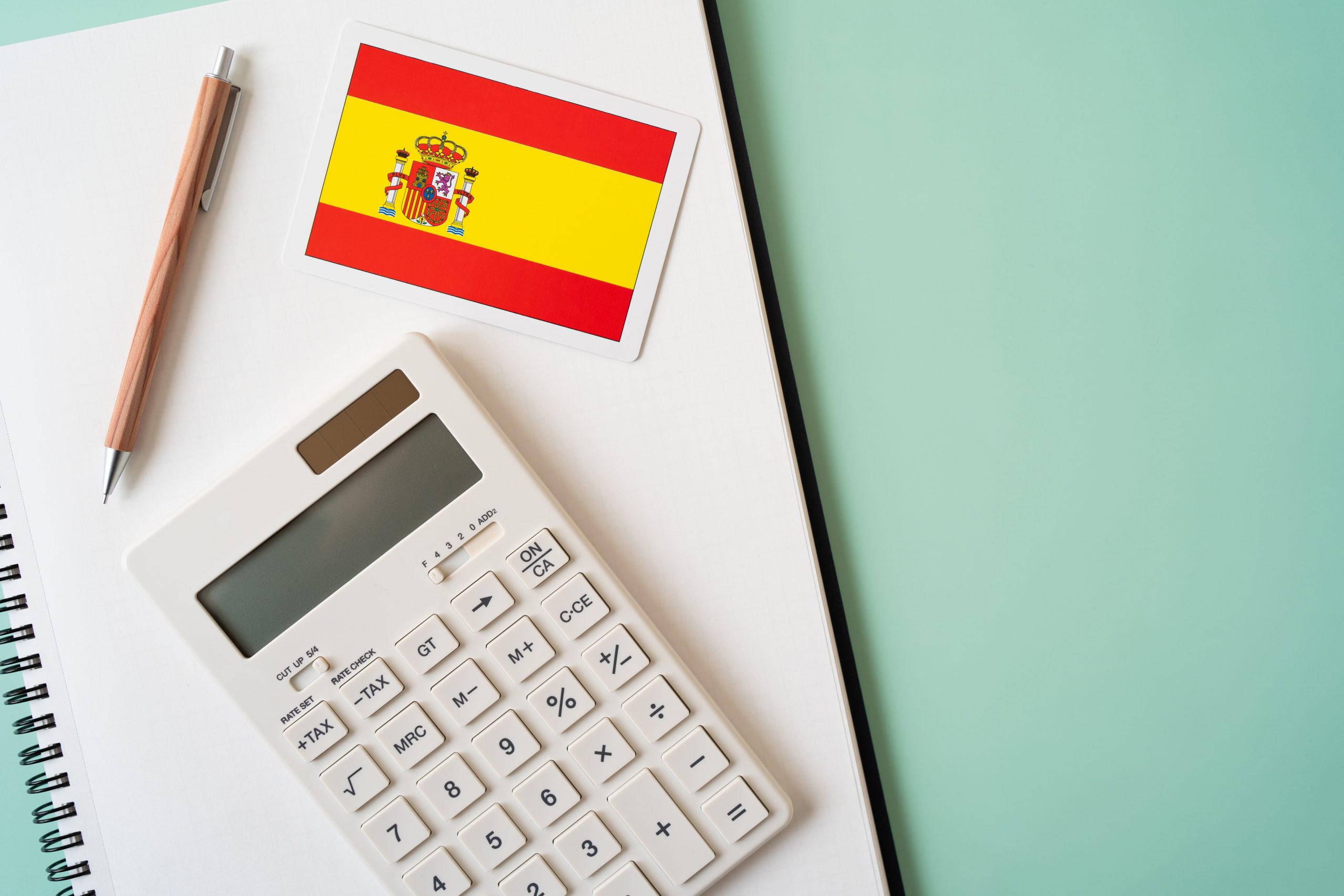
Living in Spain has long been an attractive option for expatriates and locals alike, offering a high quality of life with a relatively affordable cost structure.
However, understanding the specifics of the cost of living in Spain, especially in comparison to other European nations, can help you plan effectively whether you are moving,
retiring, or simply exploring new life options in this beautiful country.
In this article, we break down the main costs involved in living in Spain, covering housing, utilities, food, transportation, and other essential expenses.
Housing Costs
Housing is generally the largest expense for residents, and costs can vary significantly depending on location.
Madrid and Barcelona:
Spain’s two largest cities are also the most expensive, especially in prime neighborhoods.
Renting a one-bedroom apartment in these cities averages around €800-€1,200 per month, with prices rising to over €2,000 for larger apartments in central areas.
Valencia, Seville, and Málaga:
Cities like Valencia, Seville, and Málaga offer more affordable options, where you can rent a one-bedroom apartment for €600-€800 in the city center.
Coastal towns and smaller cities generally offer even lower rents, making them popular among expats seeking value for money.
Buying Property:
Real estate prices have been on the rise, especially in tourist-heavy areas. As of recent years, the average price per square meter in Madrid and Barcelona is around €3,000-€4,000,
while in smaller cities and towns, prices can drop to €1,500 per square meter or lower.
Utilities and Internet
Monthly utility bills for electricity, heating, cooling, water, and garbage collection vary by season and location but generally average between €100-€150.
This can increase significantly during winter months in northern regions, where heating is necessary.
Internet services are widely available, with fiber-optic connections costing around €30-€50 per month.
Many plans offer bundled services with TV and mobile packages, which can be a more economical option.
Food and Groceries
Spain offers a rich culinary tradition, and whether dining out or cooking at home, food expenses tend to be manageable:
Groceries: A single person can expect to spend around €200-€300 per month on groceries, with prices lower than in many other European countries.
Fresh produce, fish, and meats are affordable, and local markets often offer high-quality, fresh items at competitive prices.
Dining Out: Dining out in Spain is typically affordable, with local tapas bars and restaurants offering meals for €10-€15.
A mid-range three-course meal for two at a restaurant averages around €40-€50. Dining in coastal towns or tourist areas can be slightly more expensive,
but overall, Spain offers excellent value for food and dining experiences.
Transportation
Spain’s well-developed public transportation network makes it easy to get around without a car, especially in urban areas:
Public Transportation: In cities like Madrid and Barcelona, monthly transportation passes range from €40-€55, covering buses, trams, and metro services.
For occasional travelers, individual tickets are around €1.50-€2.50.
Owning a Car: Fuel costs are reasonable, averaging around €1.40 per liter. Car insurance costs vary but can range from €300-€600 annually.
While car ownership can be convenient in rural areas or for weekend trips, public transport is generally more cost-effective in cities.
Healthcare
Spain’s public healthcare system is robust and accessible, making it one of the most attractive features for residents.
EU citizens and legal residents can access free or low-cost healthcare, and the quality of public healthcare is generally high.
For those who prefer private healthcare, costs are still manageable compared to other Western countries.
Basic private health insurance plans start from around €50-€100 per month, offering quick access to private doctors and specialists.
Education
If you have children, education costs will depend on whether you choose public, semi-private (concertado), or private schools:
Public Schools: These are funded by the state and are free for residents.
They follow the Spanish curriculum and can be a good option for those looking to fully immerse their children in Spanish culture.
Semi-Private Schools (Concertado): These schools offer a balance between public and private education and charge a small fee, usually around €50-€200 per month. T
hey often follow bilingual programs.
Private International Schools: If you prefer an international curriculum, such as the British or American curriculum,
tuition fees can range from €5,000 to €20,000 per year depending on the institution.
Entertainment and Leisure
Spain’s leisure options are as diverse as its landscapes, with something for every budget:
Entertainment: Movie tickets average around €7-€10, while gym memberships typically cost €25-€50 per month.
Outdoor Activities: Spain’s mild climate encourages outdoor activities like hiking, cycling, and beach-going, which are often free or low-cost. Museums,
cultural sites, and events are widely available, and discounts are often offered to residents, students, and seniors.
Summary: Monthly Cost of Living Estimates
To give you a clearer picture, here’s a monthly breakdown of typical living costs for a single person and a family of four:
| Expense | Single Person | Family of Four |
|---|---|---|
| Rent | €600-€1,200 | €1,200-€2,500 |
| Utilities | €100-€150 | €150-€200 |
| Groceries | €200-€300 | €500-€800 |
| Transportation | €40-€55 | €120-€150 |
| Healthcare (Private) | €50-€100 | €150-€300 |
| Entertainment | €100-€200 | €200-€400 |
| Education (Private) | – | €400-€1,500 |
These estimates vary depending on the city, lifestyle, and preferences, but they offer a general view of what one can expect to spend living in Spain.
Conclusion
The cost of living in Spain is relatively affordable compared to other Western European countries, offering a high quality of life with a moderate expense structure.
Whether you’re drawn to the vibrant culture, beautiful weather, or diverse landscapes, Spain provides an inviting balance between lifestyle and cost.
Understanding these expenses can help you budget effectively, so you can make the most of your time in this beautiful country.













